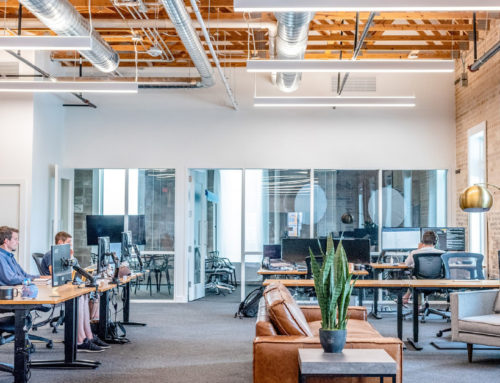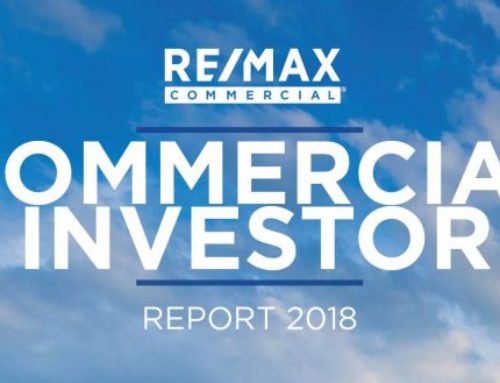If you’re starting a business and need commercial space or if you’ve outgrown the space you are in, then it’s critical that you consider several factors before you sign your lease.
Key Lease Clauses
First of all, give careful thought to how long you think the new premises will meet your business needs. You don’t want to be saddled with a lease that’s too long if you think you’ll need more space in a few years. For the same token, you don’t want a lease that is too short because once it has expired, the landlord is under no obligation to renew it. Pay careful attention as well to any clauses relating to extending or renewing the lease beyond the initial term.
Also look for a lease that allows you to sublease or assign your obligations to another party who may wish to take the lease over from you if you sell or close the business. This provides more flexibility if your space requirements change before the end of your lease.
Rent and Related Costs
Before you sign the lease, be sure that understand what you will be paying in rent and associated costs. Unlike residential leases, which generally consist of an “all-in” rent fee or “rent plus utilities”, commercial real estate has four main options:
- Single Net Lease, Net Lease: You pay rent, utilities and property tax while the landlord pays maintenance, repairs and insurance.
- Net-Net, or Double Net Leases: You’re only responsible for rent, utilities, property taxes and insurance premiums for the building while your landlord pays maintenance and repairs.
- Triple Net Leases: You’re responsible for rent and all costs of running and maintaining the building (the landlord is generally responsible for structural repairs).
- Full Service Gross, or Modified Gross Lease (also called Modified Net Lease): You pay rent and all tenants share in structural repairs and operating expenses (property taxes, property insurance, common area maintenance (CAM), and utilities.
Finally, be sure you are clear on how rent increases and shared costs are determined so that you can accurately predict what your monthly costs will be.
Insurance
Even though most landlords carry a comprehensive insurance policy that covers liability for common areas (such as lobbies, stairways and elevators), they have the right to insist that you carry additional insurance. This protects the landlord against claims that might arise (a visitor who trips on an office carpet, for example) while contents and improvements coverage protects the landlord’s investment in the property itself.
Modifications and Improvements
While your new commercial space may be ideal in many ways, most tenants want to make some changes in floor layout, fixtures or signage. Depending on the lease length and local market conditions, the landlord may agree to pay for improvements or build outs.
Disputes
Of course, you enter into a lease agreement with the expectation that things will go well but it’s important to know how any disputes are handled. Many lease contracts include arbitration clauses that state that both parties agree to settle any disputes through arbitration rather than litigation. Read the lease contract to see if the arbitration clause is mandatory. Make sure you have a voice in selecting the arbitrator and other arbitration decisions.
Finally, remember that a RE/MAX Commercial REALTOR® is a great resource to help you identify your ideal space and to negotiate the lease that’s right for you. Follow this link to find one near you.








